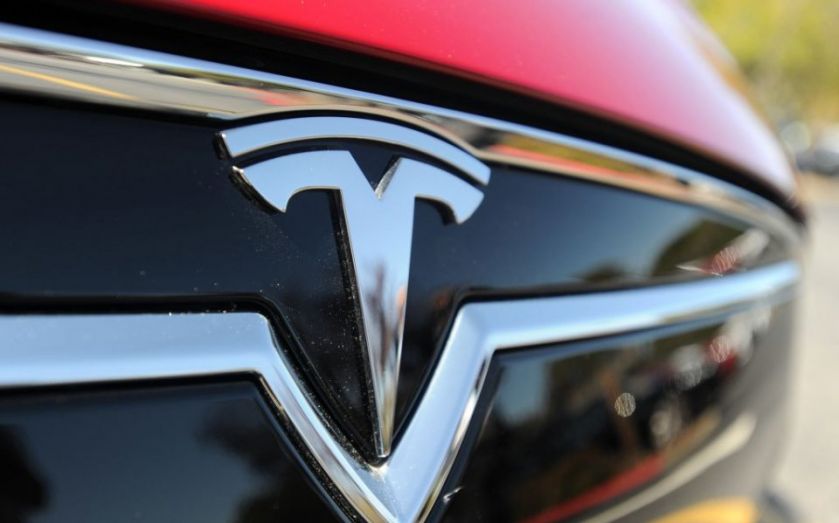Tesla beats expectations as Elon Musk reveals 38,000 pre-orders for Powerwall home battery

The figures
Tesla increased production and sales of its electric cars in the first three months of 2015 as Elon Musk's company reported first-quarter earnings expectations that beat analysts' expectations.
First quarter losses narrowed to $45m, or 36 cents per share, compared to a $50m loss in the same period last year and above analysts' expectations of a loss closer to 50 cents per share.
Revenues rose by 54.9 per cent from $713m to $1.1bn, also better than had been predicted.
Tesla beat its own manufacturing aims, building 11,600 cars in the period and now says it aims to increase production by around 12 per cent in the second quarter and make 12,500 cars. It is sticking to its original target of 55,000 Model S and X cars in 2015.
Shares in the electric-car producer rose over two per cent in after-hours trading.

Why it's interesting
After Tesla missed its manufacturing targets last year, investors will be encouraged by a productive start to the year as well narrowing losses thanks to reduced manufacturing costs.
Elon Musk's latest venture with Tesla into the home battery market looks to be a smart move. Musk told investors in an earnings call that it had already received "staggering "demand" with 38,000 reservations placed for its Powerwall home battery and 2,500 for the Powerpack.
Also positive are what Tesla describes as "encouraging signs of a return to growth" in China where it struggled last year and was forced to re-shuffle a number of key employees.
What Tesla said
In Q1 [sic], we manufactured 11,160 vehicles, 10 per cent better than guidance, as we averaged more than 1,000 cars per production week. We successfully increased production on our new small drive unit line, which was critical to meeting the demand for our all-wheel drive cars.
Our production launches of 85D and 70D proceeded more smoothly than our prior launches, highlighting the flexibility and increasing maturity of our manufacturing capabilities. With a more stable production cadence in Q1, we implemented efficiency improvements and reduced labor [sic] hours by more than 20 per cent per car by the end of the quarter.
In short
Tesla's early signs in 2015 are promising, with manufacturing targets met and costs down – two issues which have haunted the company in recent results.